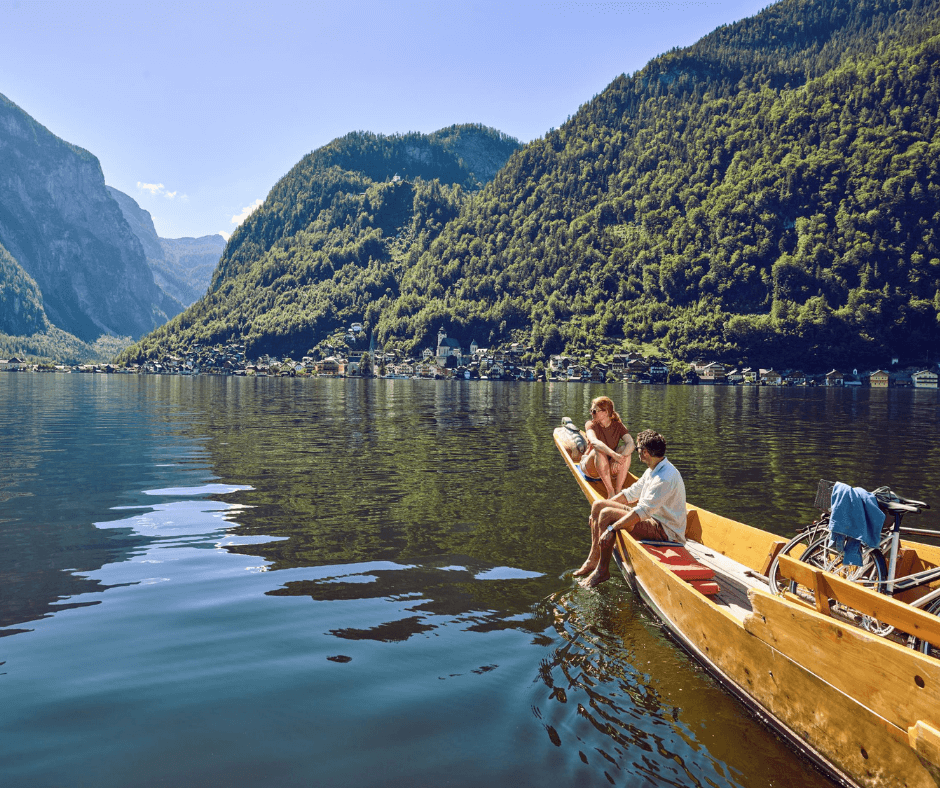Experiential tourism is a trend that is continually developing and something every destination should be able to offer.
Experiential travel can change one’s perspective on things by seeing the way other people live. It also helps let go the stereotypes people might have about a community, a place, a certain group of people.
In this article, we will explore this type of tourism.
Experiential Tourism: a definition
Also known as ‘immersion travel’ or ‘experiential travel’, experiential tourism is a form of travel in which the focus is on the experience. Therefore, experiential travellers want to experience a country, city or particular place by actively and meaningfully engaging with its history, people, culture, food and environment.
To summarize, immersion travel provides diverse experiences that match the visitor’s interests and provides a sense of personal accomplishment, thereby creating their own unique memories.
The different forms of Experiential Tourism
There are different ways in which people can immerse themselves in a way that leads to some sort of discovery, insight or inspiration. Because the term experiential tourism is broad, it naturally encompasses many types of tourism and holidays that come in all sorts of shapes and sizes.
Let’s see some of them.
Uniqueness
Uniqueness is one of the biggest assets that a place can have when it comes to experiential tourism.
Smaller destinations can differentiate themselves by focusing on the unique experiences they offer. These unique experiences include travelling to places that are off the beaten path to create an immersive experience and build a connection to a place rather than to just see it.

Sustainability
Sustainable tourism is an important type of experiential travel. Although the issue of sustainability is important, it might not always be practical to travel sustainably, especially for the mainstream tourist destinations.
On the other hand, tourists who are interested in experiential tourism would support the preservation of local culture, historic architecture, ecosystems and other aspects of their destination by spending their travel budget there.

Bregenzerwald-Blick-auf-Schwarzenberg_c_Popp-Hackner_Vorarlberg-Tourismus
Authenticity and local culture
Many travellers, who choose immersive travel, do it because they want to live a truly authentic experience and get to know the local culture.
There are different ways in which they can do so, such as learning a new language, picking up some new recipes, getting to know the history of a culture they may not have even heard of before.
By spending the time travelling to places to see and interact with local people, tourists can help communities to achieve positive economic and social outcomes.

Volunteering
One of the most popular forms of experiential travel is volunteer tourism.
Many youth travellers (also so-called “gap-year” tourists) seek experiences with an educational angle. Some of these involve volunteering on development projects in the chosen destination.
The reasons why some people choose this type of experiential tourism are different. Some may choose to volunteer to get beyond the tourist trail and immerse themselves socially among different cultures and networks. Others may feel that volunteering is important to support local communities and have a strong desire to give back. And then some simply have a desire to seek adventures and explore new horizons.

Culinary experiences
The final rising trend we will explore in this article is culinary – or food – tourism.
This type of experiential travel encompasses any travel experience in which the individual is willing to learn about, appreciate and indulge in food and drink that reflects the culture, heritage and cuisine of the destination.
Culinary tourism is not about the food people eat. In fact, it is not necessarily related to luxury dining experiences, but it’s more about eating adventurously and adopting an open-minded attitude in search for new culinary traditions.
Food tourism can involve cooking classes and wine tastings experiences, or visiting neighbourhood markets and restaurants with a local guide.

All our hotels in Europe offer experiences and not just rooms. So, book a stay, live a memorable experience and be the own protagonist of your holiday.
